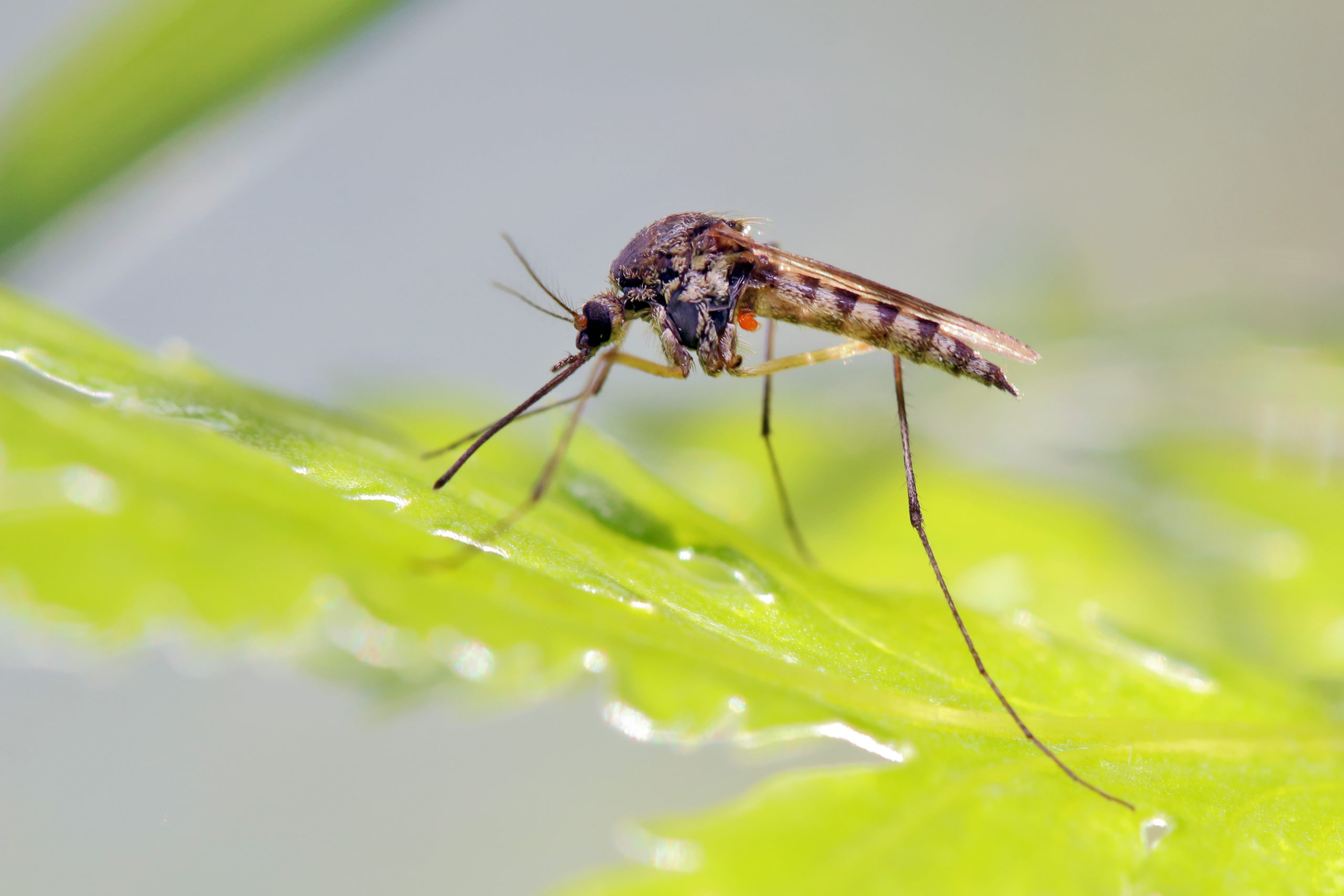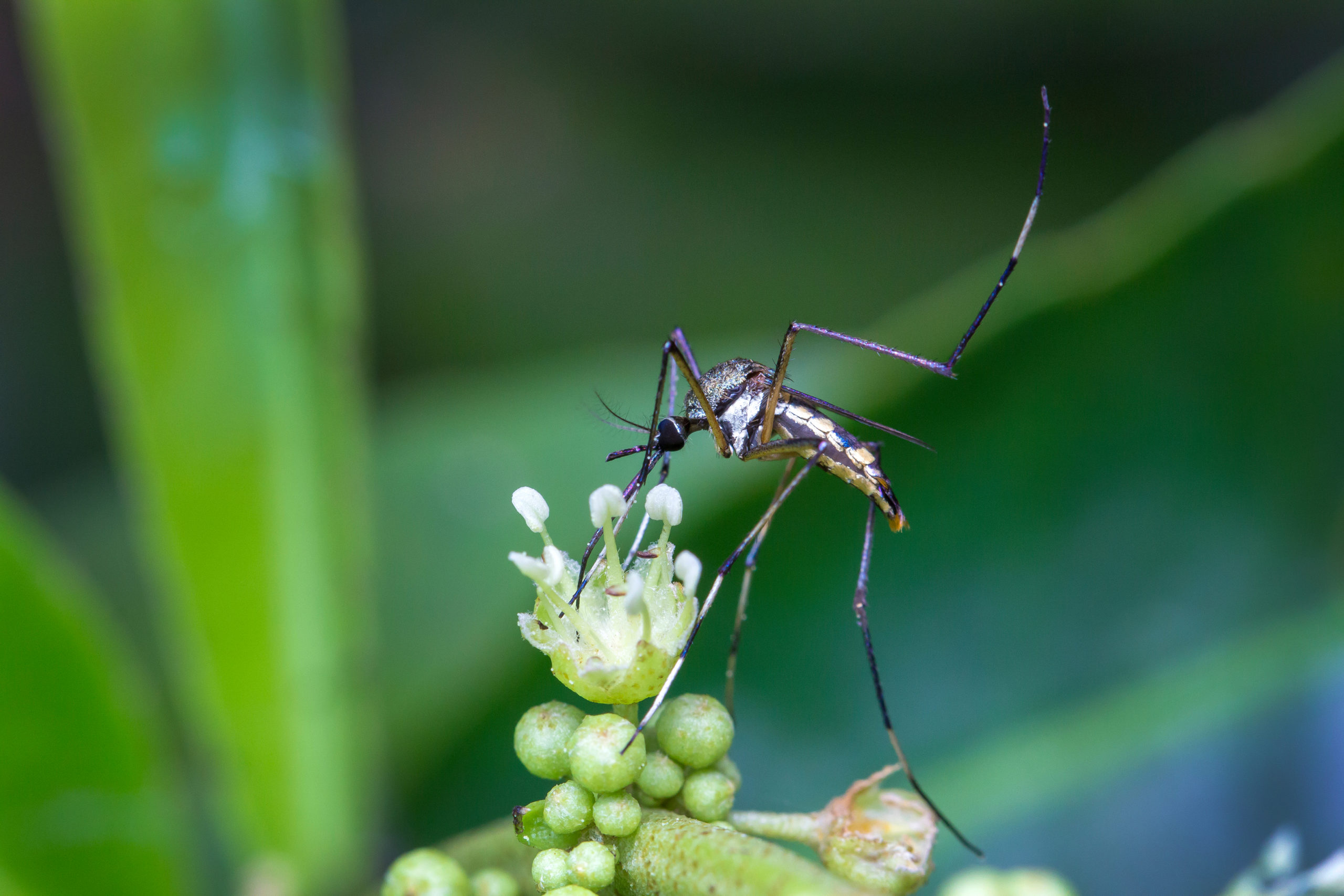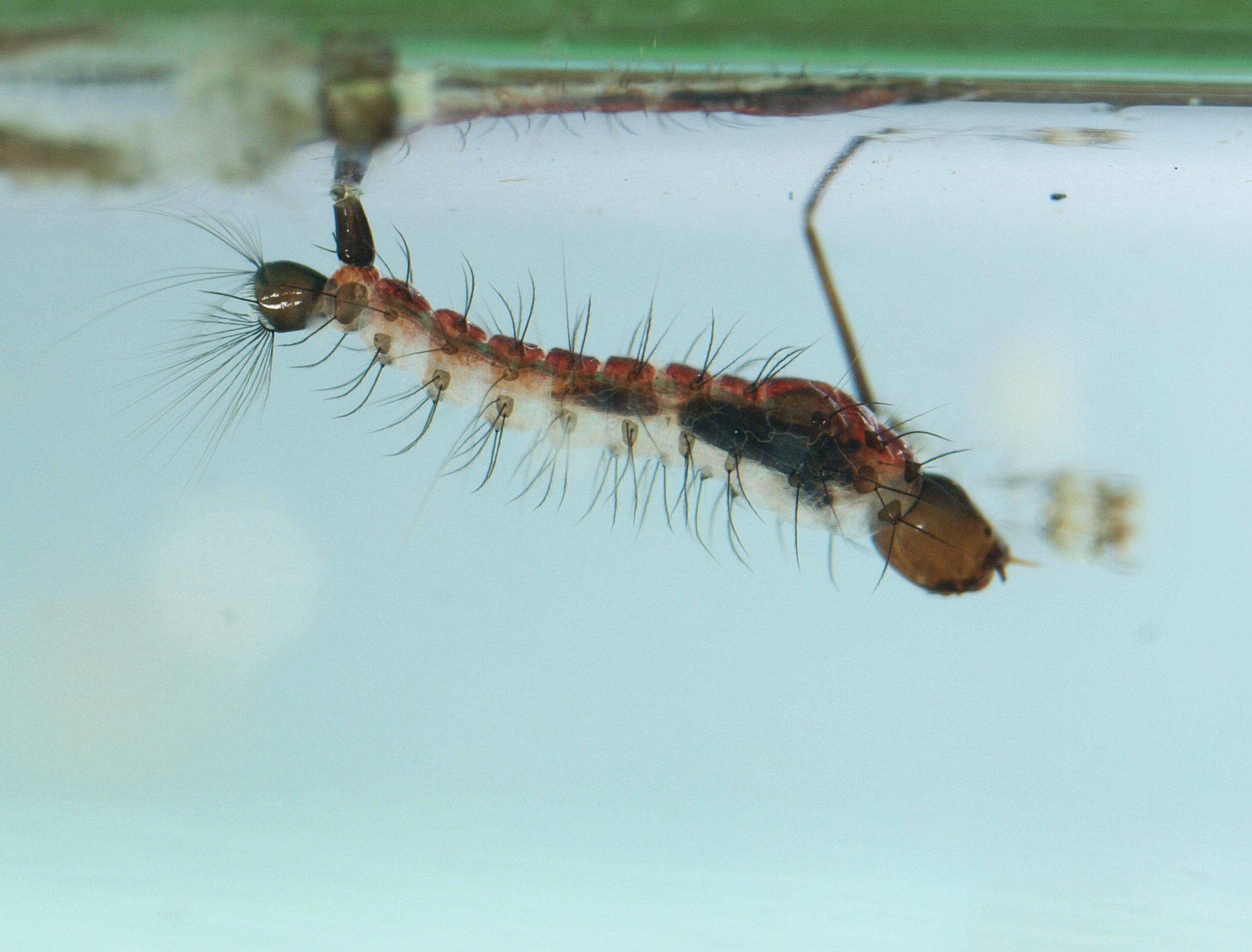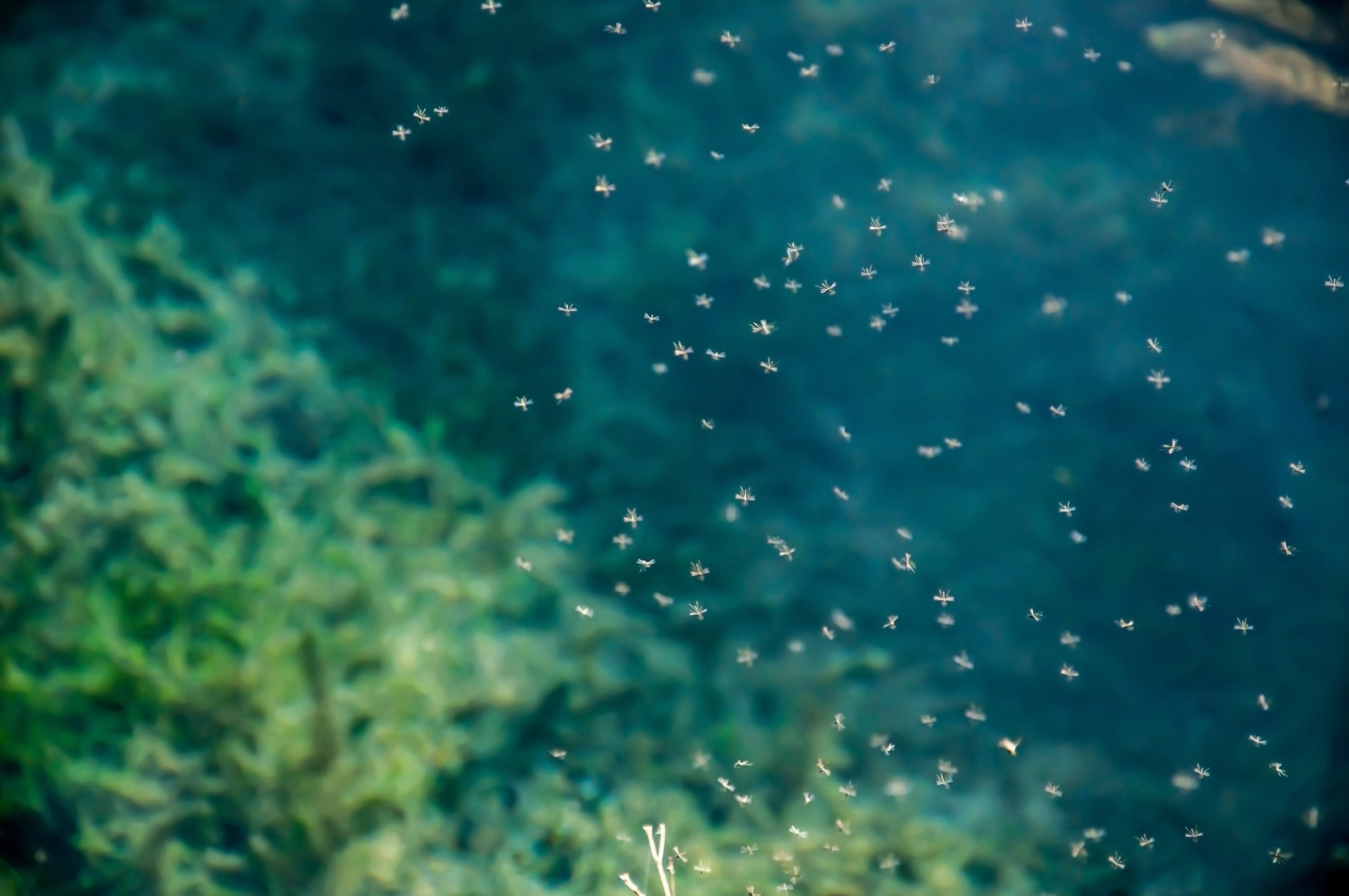Mosquitos Can Be Helpful!?
Mosquitos Can Be Helpful!?
Mosquitos 101
Mosquitos have been roaming the Earth for over 45 million years, long before the appearance of homo sapien sapiens. They exist on every continent, save for Antarctica, and are some of the deadliest creatures to ever exist. These resilient, nasty invertebrates are vectors of disease, some of which are extremely detrimental, and even potentially deadly. In fact, mosquito transmitted diseases account for several million deaths worldwide each year. With such a high death toll to their name, and their reputations as a massive nuisance, it seems almost impossible that these creatures could be helpful at all. 
Not All Mosquitos Drink Blood
As shocking as it may seem, not all mosquitos have a taste for human blood. There are roughly 3,500 different species of mosquitos alive today. Of that vast number of species, only roughly 100 species target humans for our blood. Also, out of those species that target us, it’s only the females that seek out sanguine meals, while the males tend to dine exclusively on nectar from flowers. “We have been grossly underestimating the diversity of mosquitoes,” explains Yvonne-Marie Linton, the research director at the Department of Defense’s Walter Reed Biosystematics Unit and curator of the Smithsonian’s National Mosquito Collection. “The number of new species that we find everywhere we go is phenomenal.” Mosquitos can come in a variety of sizes with a variety of unique appearances, however most species that are dangerous vectors of disease are what Linton refers to as ‘brown blobs’ or, “the boring-colored ones,” lacking the magnificent bright colors and distinctive patterns of other, harmless mosquitos. Not only are these other, mosquitos harmless, but some of them are even beneficial. 
The Elephant Mosquito
Elephant mosquitos are a great example of a species that are both harmless to us and beneficial to their ecosystem. These mosquitos have bright, sapphire-colored stripes stretching along their backs and iridescent scales reflecting the sunlight along their legs. Like most mosquitos, female elephant mosquitos deposit their eggs in sources of water, which is one of the keys to their helpfulness to humans. As the eggs hatch and the elephant mosquito larvae begin to grow, they will consume the larvae of any other smaller species of mosquito that share the water with them. This keeps the populations of harmful mosquitos to a minimum in ecosystems where the elephant mosquitos are present. Furthermore, these large mosquitos also assist with the pollination of their habitats as the adults move from flower to flower, feeding on nectar. 
Mosquito Abatement
As Linton says, “we have so much more to learn. People often assume we’ve figured mosquitoes out by now, but we are far from done.” While this may be true, when it comes to the extremely dangerous species, we know enough to know that they should stay far away from us. Scheduling routine mosquito control treatments is the best way to protect yourself and your family from an onslaught of potentially dangerous bites. At Pointe Pest Control, in addition to warding off mosquitos, our treatment includes elimination of flea and ticks and prevents mosquito eggs from hatching. Call us today to get more information on how we can help you stay safe from ‘non-helpful’ mosquitos. 
Citations
Hansen, C. (2021) The secret lives of mosquitoes, the world’s most hated insects, Smithsonian Magazine. The Smithsonian Institution. Available at: https://www.smithsonianmag.com/blogs/national-museum-of-natural-history/2021/08/19/secret-life-worlds-most-hated-insect/ (Accessed: January 12, 2022).
Request a Free Quote Today
(We do not share your data with anybody, and only use it for its intended purpose)
